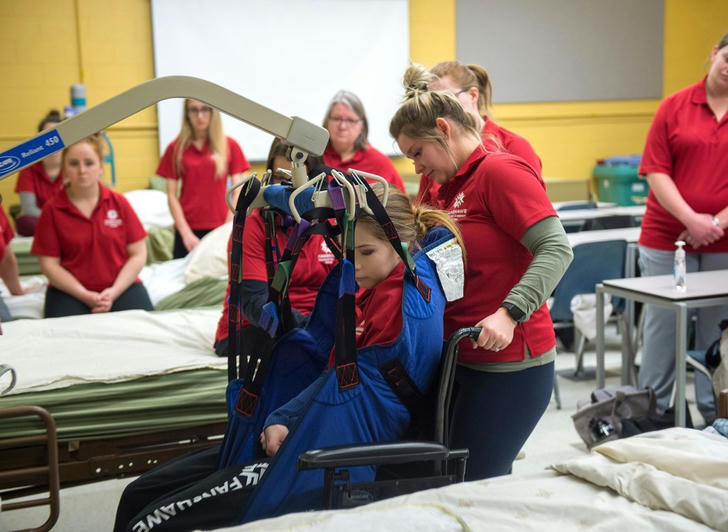How to quickly get a disability support worker course in Canada?
In Canada, the demand for disability support workers is rising, and many people want to join this meaningful career. However, tuition and training time often become obstacles for people. Fortunately, there are many ways to quickly get free disability support worker courses across Canada.
Here are some effective ways to help you enter this field smoothly.
1. Community colleges and vocational training institutions
Many community colleges and vocational training institutions offer free disability support worker courses, especially under special funding programs. You can find relevant vocational training programs by visiting the website of your local college. Some colleges may also offer scholarships or bursaries to help ease the financial burden.
2. Government-funded programs
Governments of provinces and territories often launch vocational training and skills improvement programs designed to help unemployed or low-income people obtain relevant certifications. You can visit the official website of the provincial government or local employment service to find out if there is any free disability support worker course or related funding information.
3. Employment service center
Contact the local employment service center, they usually provide free vocational training information and resources. These centers may cooperate with training institutions to provide free courses or financial support for qualified applicants. Through consultation, you can get specific application steps and requirements.
4. Online courses and platforms
Some online education platforms offer free disability support worker training courses. Although these courses may not necessarily provide official certification, they can help you master the basics and lay a good foundation for future career development. Make sure to choose a reputable online platform and actively participate in the course.
5. Volunteer opportunities
Volunteering in relevant institutions is also an effective way to gain experience and knowledge. Many organizations and community service centers offer volunteer training, which not only allows you to get in touch with actual work, but may also provide you with follow-up training support.
6. Non-profit organizations
Some non-profit organizations focus on disability services and may provide free vocational training courses. Learn about local relevant organizations to see if they have training programs suitable for you.

Emily is an unemployed single mother in Toronto, Ontario, Canada. She learned about a free disability support worker certification course through the local employment service center. She actively signed up for the course, which covers disability care and communication skills, combined with practical internships to help her gain experience. After completing the course, Emily successfully obtained the certification and found a full-time job at a community service center. While being able to support her family, she also helped those in need and felt an unprecedented sense of accomplishment and confidence.
Q:What are the benefits of Canada's free Disability Support Worker courses?
No financial burden: Free courses eliminate the pressure of tuition fees, making training and certification more accessible to more people, especially those on low incomes or unemployed.
Flexible learning methods: Many courses offer online and face-to-face learning options, allowing students to choose the learning method that best suits their personal schedule.
High-demand occupations: As the demand for disability support services increases, taking such courses can open the door to high-demand occupations and increase your employment opportunities.
Comprehensive training content: Courses generally cover a wide range of knowledge from basic care to mental health support, ensuring that students have comprehensive professional skills.
Practical experience: Through internships or practical training sessions, students can gain practical experience in real environments, enhance their professional skills and confidence.
Career development opportunities: After obtaining certification, you can find career development opportunities in a variety of fields such as health care, education and community services, and may even be promoted to more senior positions.
